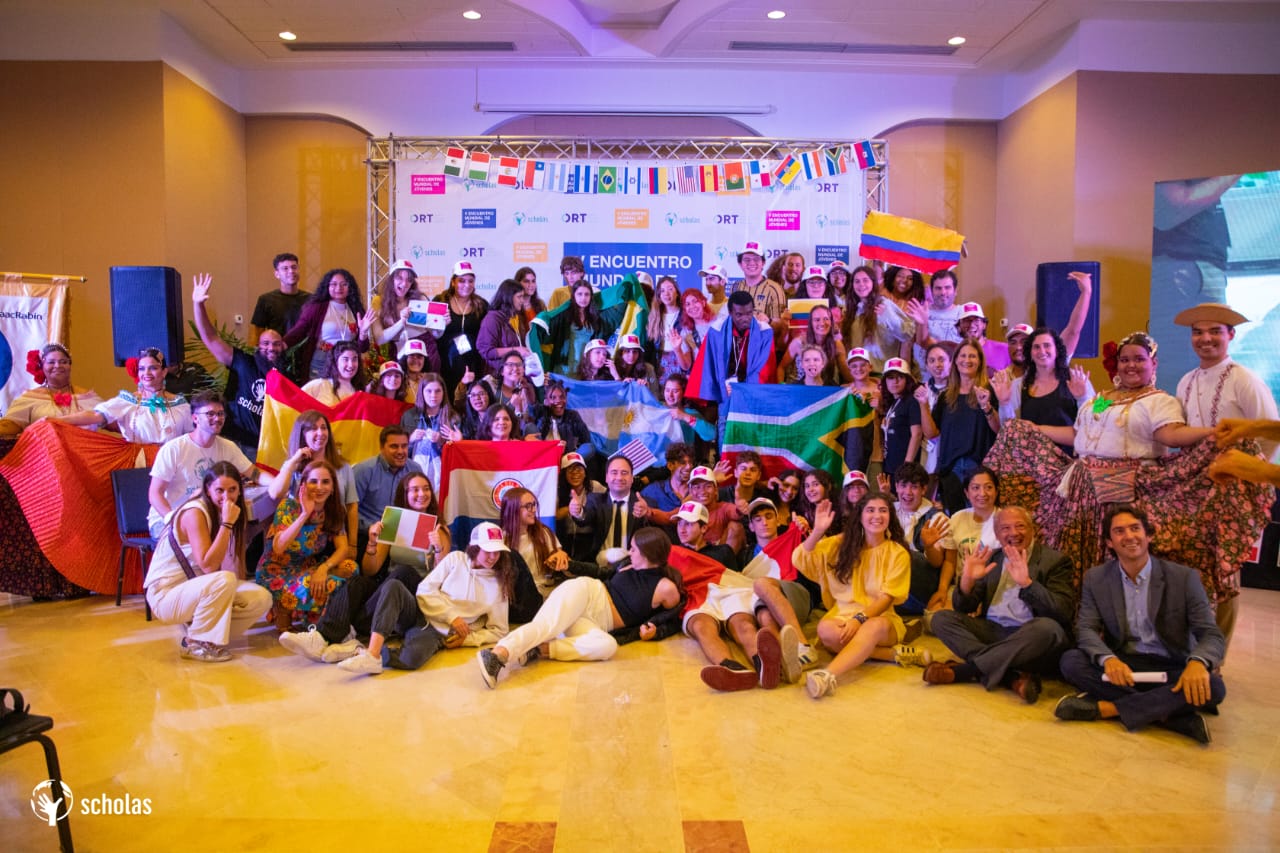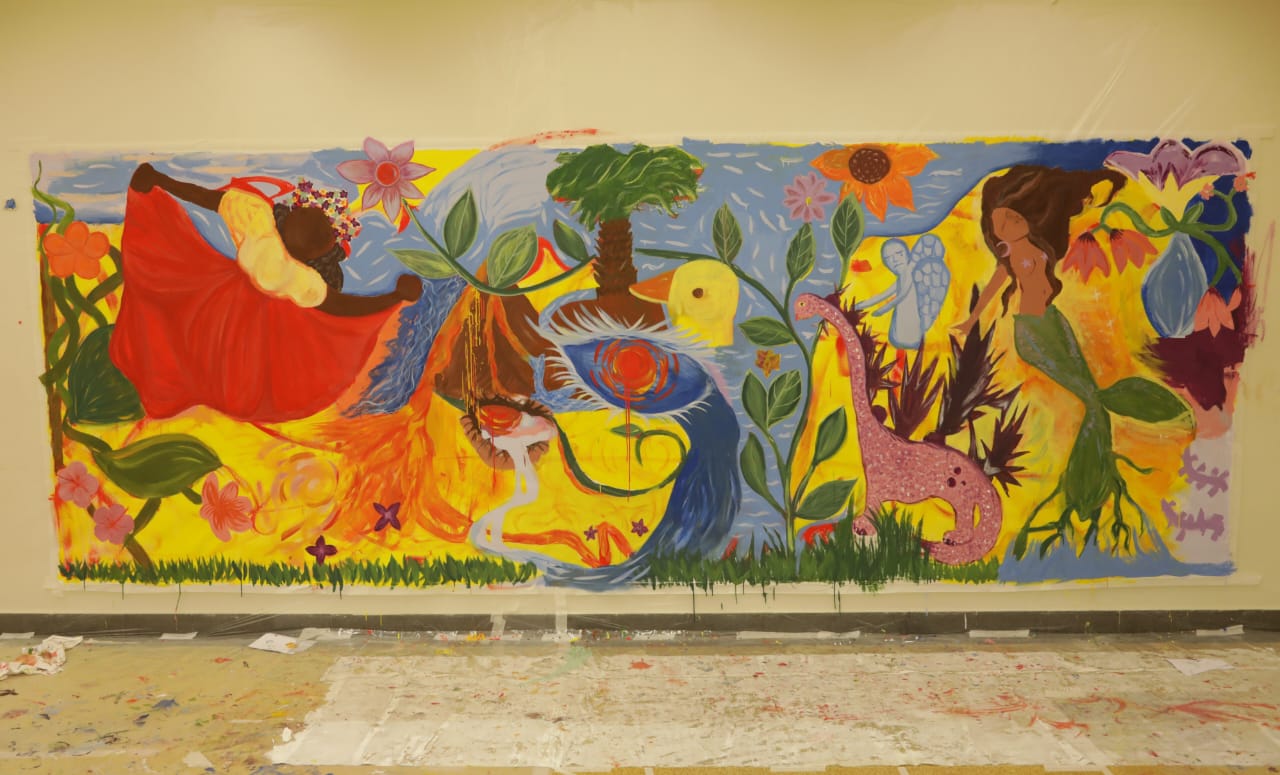In
the catecheses of these weeks we are focusing on the prerequisites for good
discernment. In life we have to make decisions, always, and to make decisions
we must follow a journey, a path of discernment. Every important activity has its “instructions” to
follow, which must be known in order for them to produce the necessary effects.
Today we will look at another indispensable ingredient for discernment: one’s
own life story. Knowing one’s own life story is, let’s say, an essential
ingredient for discernment.
Our life is the most precious
“book” that is given to us, a book that unfortunately many do not read, or
rather they do so too late, before dying. And yet, precisely in that book that
one finds what one pointlessly seeks elsewhere. Saint Augustine, a great seeker
of the truth, had understood this just by rereading his life, noting in it the
silent and discreet, but incisive, steps of the presence of the Lord. At the
end of this journey, he noted with wonder: “You were within, and I without, and
there I did seek you; I, unlovely, rushed heedlessly among the things of beauty
you made. You were with me, but I was not with you” (Confessions X, 27.38).
Hence his invitation to cultivate the inner life to find what one is seeking:
“Return within yourself. In the inner man dwells truth” (On True Religion,
XXXIX, 72). This is an invitation I would extend to all of you, and even to
myself: “Return within yourself. Read your life. Read yourself inwardly, the
path you have taken. With serenity. Return within yourself”.
Many times, we too have had
Augustine’s experience, of finding ourselves imprisoned by thoughts that lead
us away from ourselves, stereotypical messages that harm us: for example, “I am
worthless” – and it gets you down; “everything goes wrong for me” – and it gets
you down; “I will never achieve anything worthwhile” - and it gets you down,
and this becomes your life. These pessimistic phrases that get you down!
Reading one’s own history also means recognizing the presence of these “toxic”
elements, but then broadening our narrative, learning to notice other things,
making it richer, more respectful of complexity, succeeding also in grasping
the discreet ways in which God acts in our life. I once knew a person who
people said deserved the Nobel Prize in negativity: everything was bad,
everything, and he always tried to put himself down. He was a bitter person,
and yet he had many qualities. And then this person found another person who
helped him, and every time he complained about something, the other one used to
say: “But now, to compensate, say something good about yourself”. And he would
say: “Well, yes… I also have this quality”, and bit by bit this helped him move
forward, to read well his own life, both the bad things and the good things. We
must read our life, and by doing so we see things that are not good and also
the good things that God sows in us.
We have seen that discernment has
a narrative approach; it does not dwell on the punctual action, but rather
inserts it in a context: where does this thought come from? What
I am feeling now, where does it come from? Where does it lead me, what I am
thinking now? When have I encountered it before? Is it something new that comes to mind only now, or have
I found it other times? Why is it more insistent than others? What is life
trying to tell me with this?
Recounting the events of our life
also enables us to grasp important nuances and details, which can reveal
themselves to be valuable aids, hitherto concealed. For example, a reading, a
service, an encounter, at first sight considered to be of little importance,
over time transmit inner peace; they transmit the joy of living and suggest
further good initiatives. Stopping and acknowledging this is essential. Stopping and acknowledging: it is important
for discernment; it is a task of gathering those precious and hidden pearls
that the Lord has scattered in our soil.
Goodness is hidden, always, because
goodness is modest and hides itself: goodness is hidden; it is silent, it
requires slow and continuous excavation. Because God’s style is discreet: God
likes to go unseen, with discretion, he does not impose; he is like the air we
breathe - we do not see it but it allows us to live, and we realize this only
when it is missing.
Getting used to rereading one’s
own life educates the outlook, it sharpens it, enables it to note the small
miracles that good God works for us every day. When we realize this, we notice
other possible directions that strengthen our inner taste, peace and
creativity. Above all, it makes us freer from toxic stereotypes. Wisely it has
been said that the man who does not know his own past is condemned to repeat
it. It is strange: if we do not know the path we have taken, the past, we
always repeat it, we go around in circles. The person who walks in circles
never goes forward; it is not progress, it is like the dog who chases his own
tail; he always goes this way, and repeats things.
We might ask ourselves: have I
ever recounted my life to anyone? This is a beautiful experience of engaged
couples, who when they become serious, tell their life story… It is one of the
most beautiful and intimate forms of communication, recounting one’s own life.
It allows us to discover hitherto unknown things, small and simple but, as the
Gospel says, it is precisely from the little things that the great things are
born (cf. Lk 16:10).
The lives of the saints also
constitute a precious aid in recognizing the style of God in one’s own life:
the permit us to become familiar with his way of acting. Some of the saints’
behaviour challenges us, shows us new meanings and opportunities. This is what
happened, for example, to Saint Ignatius of Loyola. When describing the
fundamental discovery of his life, he adds an important clarification, and he
says: “From experience he deduced that some thoughts left him sad, others
cheerful; and little by little he learnt to know the diversity of thoughts, the
diversity of the spirits that stirred within him” (cf. Autobiography, no. 8). Knowing
what happens within us, knowing, being aware.
Discernment is the narrative
reading of the good moments and the dark moments, the consolations and
desolations we experience in the course of our lives. In discernment, it is the
heart that speaks to us about God, and we must learn to understand its
language. Let us ask, at the end of the day, for example: what happened today
in my heart? Some think that carrying out this examination of conscience is to
calculate the balance of sins – and we commit many – but it is also about
asking oneself, “What happened within me, did I experience joy? What brought me
joy? Was I sad? What brought me sadness? And in this way, we learn
to discern what happens within us.
www.vatican.va















